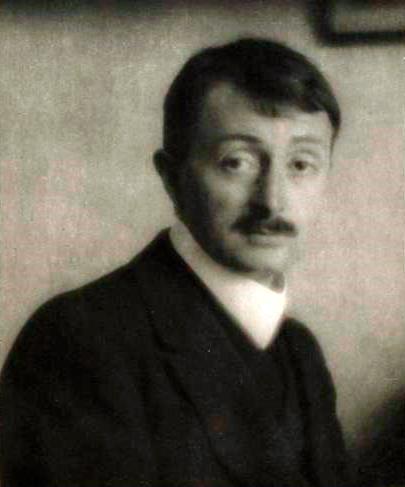'I felt new and must have looked new. I was new'.
from 'New Chum'
| The H.M.S. Conway. |
Had I known what disadvantages this would bring me in the next two years, I should have changed my tune.
from 'New Chum'
Masefield had read books about the sea but otherwise had no experience of life aboard a ship. He paints his experiences in greatly mixed colours. He describes how the old hands aboard ship often took advantage of''new chums', playing pranks on them and indulging in casual bullying. His errors were made known to him by angry remarks and he was shoved into and out of the way. Signs of his inexperience, like the large size of the bed-sheets he had brought, were mocked without mercy. Yet some individuals showed great kindness to him. A character called 'H.B.' had him spin ghost yarns after lights out. Another stopped him from being pranked:
'I was touched and charmed by his kindness: there were always many friendly men like this on board, who remembered their own first joinings. I saw him several times during that term, but we were in different watches, and this was usually a bar to friendship. Years later, when I was rowing on the Hudson, near the Palisades, he suddenly hailed me from the shore, at a time when neither of us could stay long to talk. His ship was lost with all hands soon afterwards.
from 'New Chum'
This passage serves also to remind the reader of the dispensibility of human life in sea-faring. But for his kindness to Masefield, this man would have remained forever anonymous to us. He was not the only man with whom Masefield had become acquainted to be lost at sea; it was a risk that hung then and hangs now over any sailor. Marine hostility, as Masefield was soon to find out for himself, cannot be defied; hence the quiet, matter-of-fact nature of the anecdote. To hostility that was needless, however, Masefield was less resigned:
It was quite clear to me...that something was very much amiss somewhere; there was too much grab, too much snatch, and I knew very well that I did not want to belong to it. I wanted to be clear of the type of man who gave iron walls and a shelf, and a little daily offal, in exchange for a life's work.
from 'New Chum'
Masefield at thirteen had a clear vision of humanity and a greater knowledge of the worth of even a poor sailor than many of those who led them. Masefield's affinity with the downtrodden began here, even as he himself was being trodden down by them.
Bibliography:
Babington-Smith, Constance. 'John Masefield: A Life' (Chalford: The History Press, 2008)
Masefield, John. 'New Chum' (Kingswood, Surrey: Windmill Press, 1944)
Masefield, John. 'New Chum' (Kingswood, Surrey: Windmill Press, 1944)


